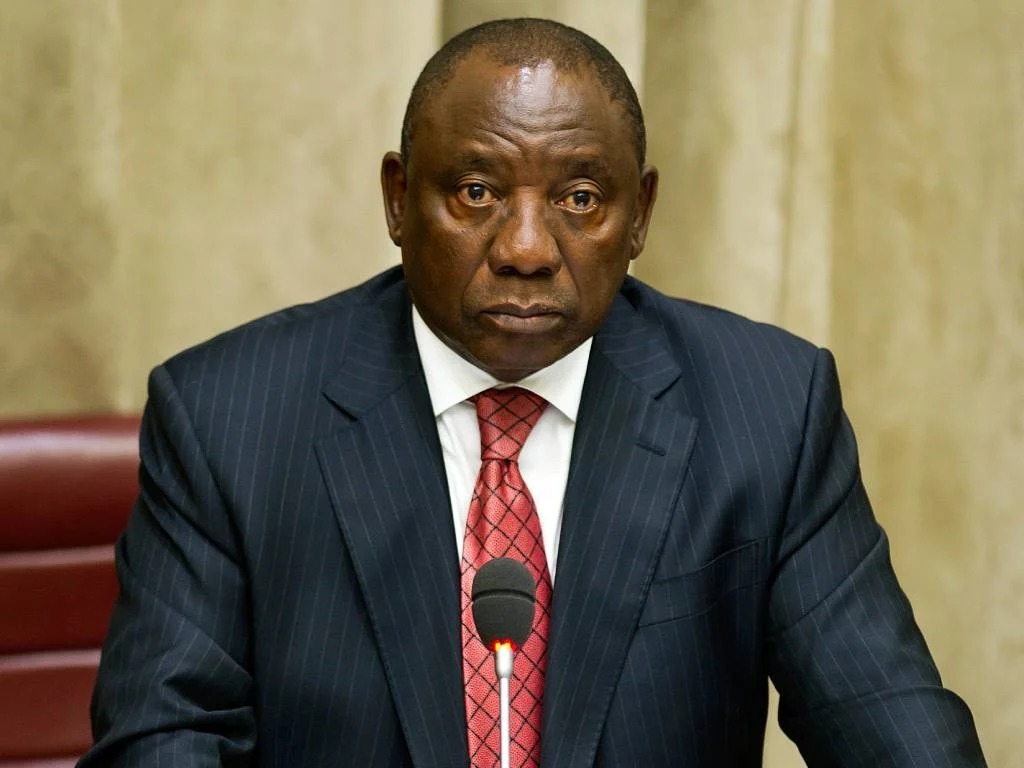Business
Ramaphosa Signs Two New Laws That Could Change Eskom and Public Sector Benefits

New legislation on the table
South Africa’s legislative wheels often turn slowly, but this week President Cyril Ramaphosa signed two significant laws into immediate effect. Both carry weighty implications: one for Eskom’s ongoing financial rescue and the other for how public sector pensions are funded.
The signing comes as the Government of National Unity (GNU) enters its second year, with Ramaphosa’s pen busy on multiple pieces of legislation. These latest signings add to a list that already includes the controversial Expropriation and Basic Education Laws Amendment Acts.
Eskom Debt Relief Act: a lighter load
Eskom’s long and troubled debt story has been central to South Africa’s energy crisis. Back in 2023, Finance Minister Enoch Godongwana announced a R254 billion bailout spread over three years, aimed at stabilising the power utility and giving it breathing room after years of mismanagement and crippling load shedding.
Fast-forward to 2025, and the picture looks brighter. Eskom reported an interim profit of R17 billion in the 2024/25 financial year and has kept load shedding largely off the grid through 2024 and into 2025. Officials even predict a load-shedding-free summer for 2025/26, a welcome shift for households and businesses long bruised by blackouts.
Against this backdrop, the Eskom Debt Relief Act trims the final leg of the bailout. Instead of transferring R70 billion in debt, the government will now cover R40 billion in 2025/26 and R10 billion in 2028/29, shaving R20 billion off the package. The structure of the law also treats the yearly amount as a loan convertible into equity, provided Eskom meets strict conditions.
For the public, the headline is simple: the government is spending less while Eskom keeps showing signs of recovery.
Public Sector Pension & Related Payments Act: a shift in funding
The second law signed by Ramaphosa, the Public Sector Pension & Related Payments Act, changes how certain government employee benefits are financed. Pensions, post-retirement medical cover, and related entitlements will now be charged directly to the National Revenue Fund, the central pot of money collected by government through taxes, fines, and other revenue streams.
The move adds transparency and ensures that obligations to public servants are seen as a core budget responsibility, rather than a separate item hidden in departmental spending.
Why these laws matter
For everyday South Africans, the two laws highlight the balancing act the GNU faces. On one hand, Eskom must continue its turnaround to ensure the lights stay on and the economy can grow. On the other, the state must honour commitments to its employees in a way that is fiscally responsible and transparent.
The Eskom decision sends a message that the government is confident enough in the utility’s progress to scale back support. The pension law reflects a push towards clarity and accountability in how taxpayer money is used. Both, in their own way, are signals of a government trying to rebuild trust in institutions after years of strain.
Also read: Gauteng’s Small Farmers Struggle to Survive Amid Rising Costs and Weak Government Support
Follow Joburg ETC on Facebook, Twitter, TikT
For more News in Johannesburg, visit joburgetc.com
Source: Business Tech
Featured Image: News24

















